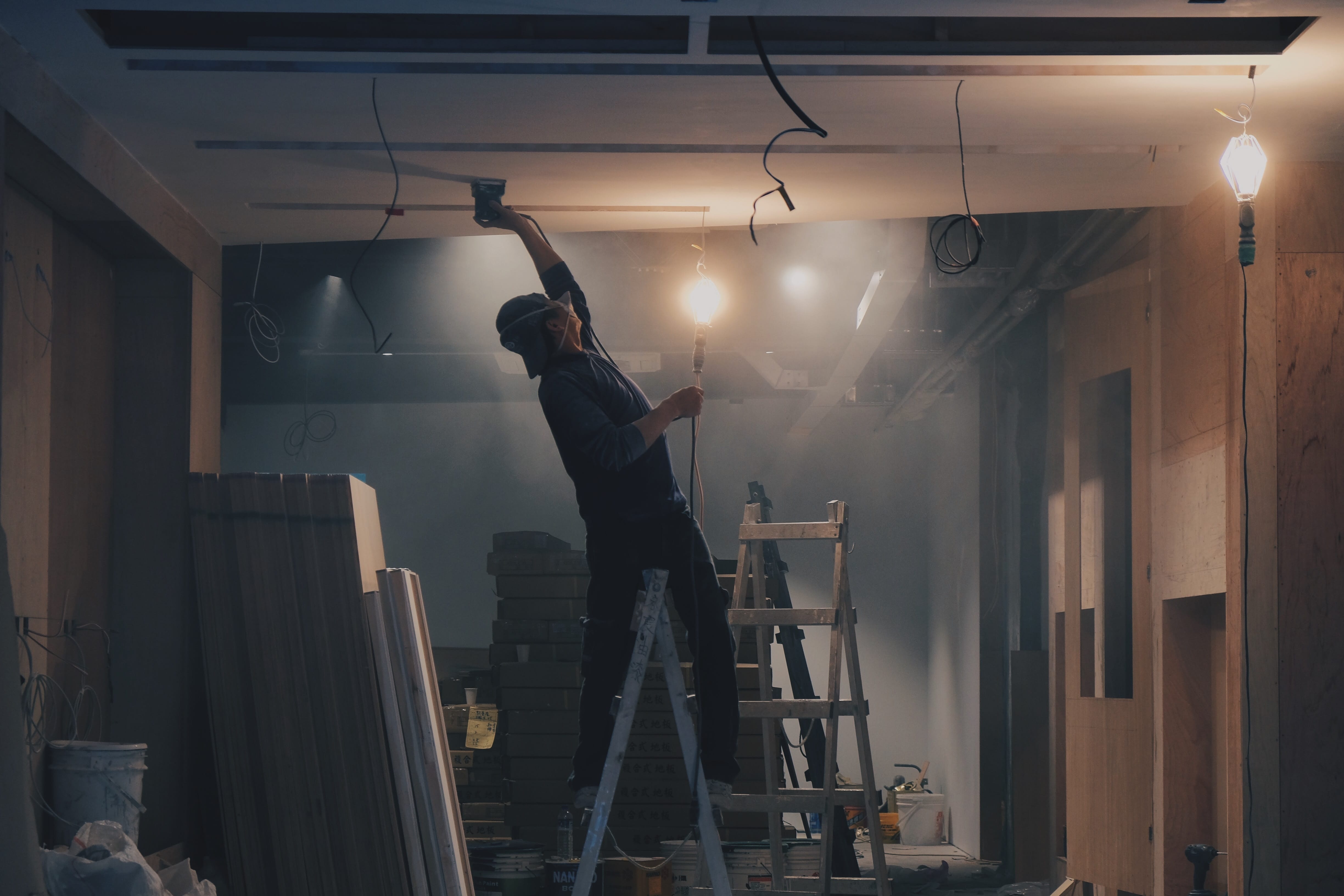A renovation comes with changes to the home. Some of these changes may be minor enough that they won’t affect insurance coverage, but many are large and thus can have equally large effects on coverage.
Much work goes into a home renovation, but most people only think about the physical work. There is actually a large amount of work that goes into preparing to renovate and some work that extends after the renovation is complete, including insurance and liabilities work. Here are five things you should know about home renovation liabilities.
1. All the Contractor’s Paperwork Needs to be Reviewed and Verified
If the homeowner works with a contractor on their remodeling or renovation project, they must make sure that the contractor is fully and legally licensed to perform that type of work. This helps ensure the homeowner and the contractor have full liability coverage in case of any incidents occurring during the project or on the site. For example, if the homeowner is planning pool construction Mobile, Alabama, they must meet with their remodeling specialist and swimming pool contractor to discuss the company’s credentials, as well as those of employees assigned to the project. They should also request copies of the company’s permits, liability insurance and other paperwork to review.
2. Plans Should Be Discussed With Everyone Who Needs To Know Before Beginning
Everyone who may have a stake in the renovation process should be informed of the project, the work involved and his or her potential role in it. This will include the contracting company and the individual contractors assigned to the project, the insurance agent and any other contractors who may be involved, such as electricians or plumbers. In some cases, this may also include a court reporter Bend, Oregon, and the HOA. This ensures that everyone is aware of the scope of the project and what is expected of him or her.
3. Certain Materials And Renovation Work May Not Be Covered
The project as a whole and the specific materials the contractor wants to use should always be reviewed with an insurance agent. He or she will be able to tell whether that work or those materials qualify for coverage. If they don’t qualify, then he or she should be able to help adjust the policy to add the extra coverage required. Policies typically cover a contractor’s tools and equipment, but not the materials such as wood, nails or paint. A homeowner’s policy may also not cover tools and equipment if they’re planning to do the renovation themselves because only a contractor’s equipment is covered. People who decide to renovate on their own instead of hiring contractors will likely need to add builder’s insurance to their policies.

4. Extra Liability Coverage Is Sometimes Necessary
Liability coverage is important for certain installations included in a renovation, such as hot tubs or swimming pools, but it’s also important for the project itself. Liability insurance covers the homeowner in case of an injury or illness occurring on the project site. The homeowner’s insurance policy should be checked for how much liability coverage is included. Many standard policies don’t include liability insurance at all and those that do may not provide enough coverage. The homeowner should discuss how much liability insurance they need for planned renovations with their insurance agent.
5. The Homeowner’s Insurance Policy Should Be Reviewed after Completing the Renovation
A renovation comes with changes to the home. Some of these changes may be minor enough that they won’t affect insurance coverage, but many are large and thus can have equally large effects on coverage. No matter the size and type of renovation done, the homeowner should consult with their insurance agent or another representative of their insurance company to determine whether they need to update their policy. For example, installing a swimming pool requires more liability insurance coverage, while installing more safety features, such as burglar alarms, may qualify for larger discounts.
The most important thing to keep in mind when thinking about home renovation liabilities is that the renovation must be done safely and legally. The homeowner, the contractor and everyone else involved in the process in any way must understand their roles, what the renovation project looks like and how to complete it.


Join the conversation!